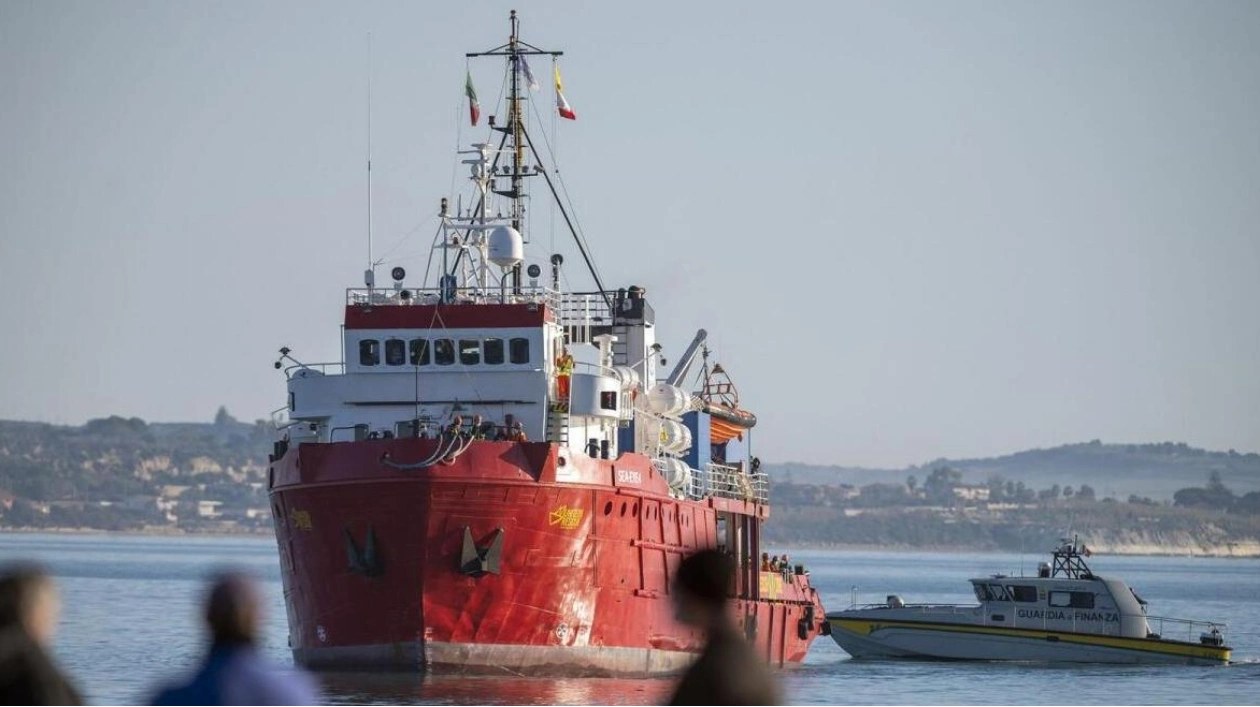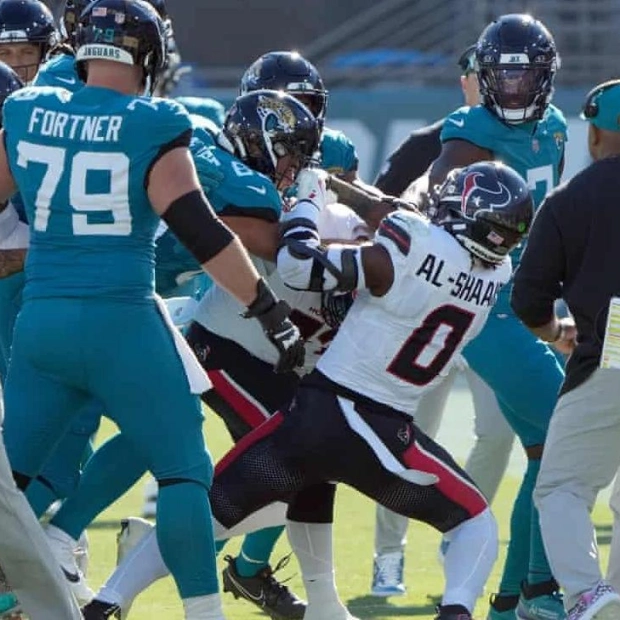The German charity Sea-Eye reported on Tuesday that it had intervened to save migrant boats five times within a 24-hour period, highlighting the "state of emergency" in the Mediterranean. Sea-Eye mentioned that it received alerts from the Alarm Phone migrant hotline but did not specify whether it had obtained permission from Italian authorities to conduct these rescues, which could potentially lead to the seizure of its ship.
"Five rescues in 24 hours. This underscores the state of emergency in the Mediterranean currently, and the critical role we play in saving lives," the charity stated. The Sea-Eye 4, along with two other rescue organizations, responded to distress calls between Sunday and Monday, saving approximately 230 individuals, including a mother and her baby. After transferring some migrants to an Italian coast guard vessel, on Tuesday, Sea-Eye was transporting around 170 people to the designated port in Genoa, a journey that would take six days.
Since taking office in October 2022, the far-right coalition led by Prime Minister Giorgia Meloni has aimed to curb the influx of migrant boats from North Africa. The government accuses these rescue ships of acting as a "pull factor," despite the fact that most migrants arriving in Italy are rescued by the coastguard. Sea-Eye chairman Gorden Isler criticized the policy, stating, "By directing civilian rescue ships to distant ports... we are wasting crucial time in the search and rescue zone, time we could be using to assist those in need." He added, "This policy can have deadly consequences for those seeking refuge."
Italian law mandates that NGOs proceed "without delay" to a port immediately following a rescue, which prevents them from conducting multiple rescues consecutively. NGOs argue that this contravenes maritime law, which obligates any ship to assist a vessel in distress. Non-compliance with this regulation could result in fines up to 10,000 euros and potentially the temporary or permanent seizure of the vessel. Numerous charity ships have been detained, sometimes repeatedly, for violating the law, although these detentions are occasionally reversed by the courts.






